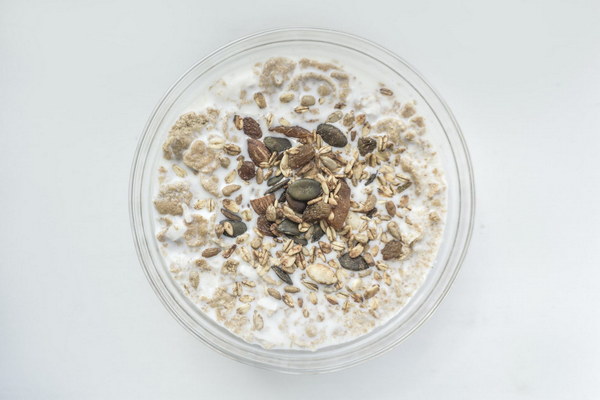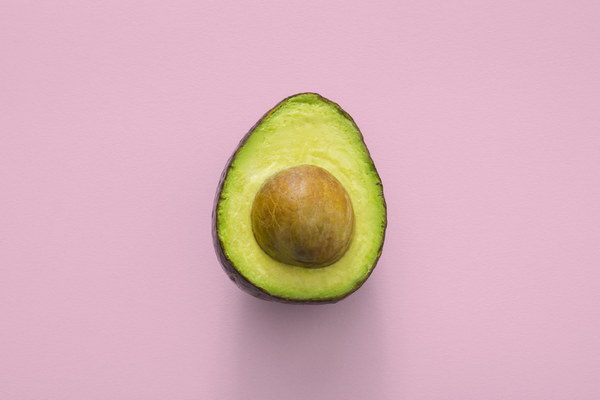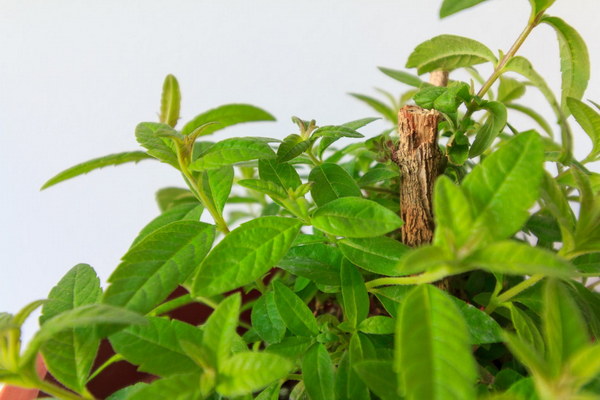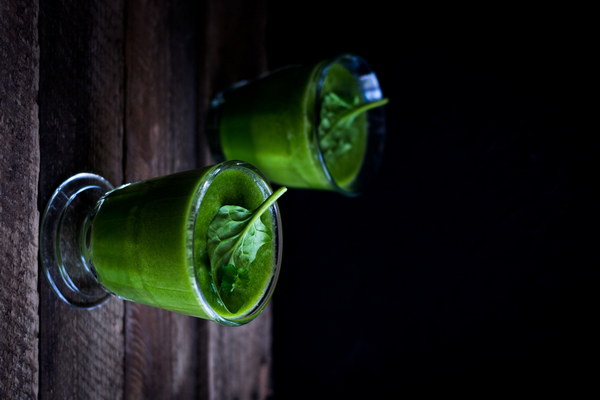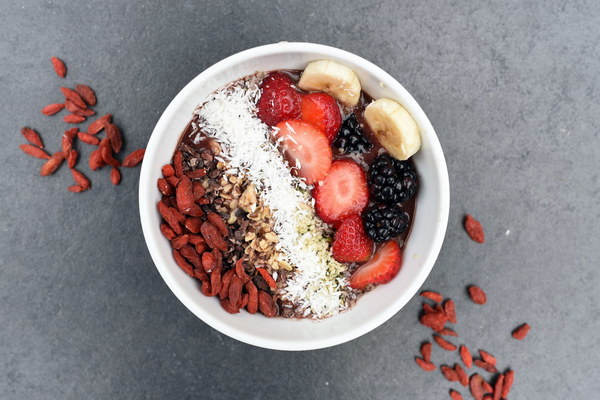Boosting Your Child's Health Winter Nutrition Tips for Primary School Students
As winter approaches, the cold weather can take a toll on our children's health. It's essential to ensure that primary school students are well-nourished to combat the chill and maintain their energy levels throughout the season. Here are some winter nutrition tips to help your child stay healthy and happy during the colder months.
1. Embrace Warm, Nutritious Meals
During winter, it's crucial to provide your child with warm, comforting meals that are rich in nutrients. Here are some ideas:
- Hearty Soups and Stews: Soups are an excellent way to ensure your child gets a variety of vegetables and protein. Consider making vegetable soups with beans or lentils, or a chicken and vegetable stew.
- Warm Grains: Oatmeal, quinoa, or barley are great options for breakfast or a warm side dish. They provide sustained energy and are full of fiber.
- Warm Salads: Toss together a mix of seasonal vegetables like carrots, beets, and spinach with a warm vinaigrette for a nutritious and warming salad.
2. Stay Hydrated
Although it might not seem like it, it's still important to keep your child hydrated during the winter. Offer warm drinks like herbal teas, warm milk, or broth to help them stay hydrated without feeling the need to urinate frequently.
3. Boost Immunity with Vitamins
Winter is the season for colds and flus. To help boost your child's immune system, consider incorporating foods rich in vitamins C and D:
- Vitamin C: Citrus fruits, strawberries, kiwi, bell peppers, and leafy greens are all excellent sources of vitamin C.
- Vitamin D: Fortified milk, fatty fish like salmon, and eggs are good sources of vitamin D. You can also talk to your child's doctor about vitamin D supplements if needed.
4. Include Iron-Rich Foods
Iron is essential for energy production and can help prevent fatigue. Incorporate iron-rich foods into your child's diet:
- Red Meat: Lean beef or lamb is a good source of iron.
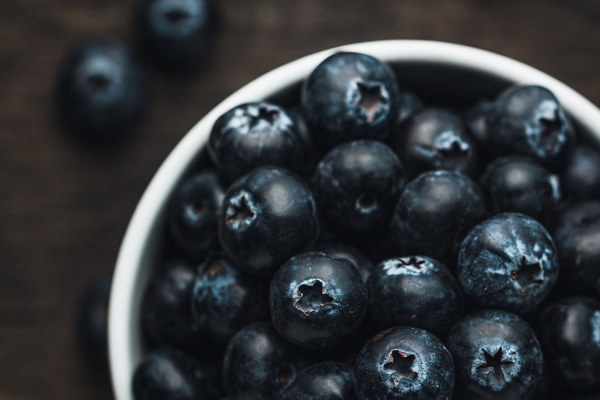
- Poultry: Chicken and turkey are also excellent iron sources.
- Beans and Legumes: Lentils, chickpeas, and kidney beans are rich in iron as well.
5. Don't Forget the Good Fats
Healthy fats are vital for brain function and overall health. Include sources of omega-3 fatty acids in your child's diet:
- Fish: Salmon, sardines, and mackerel are high in omega-3s.
- Nuts and Seeds: Almonds, walnuts, chia seeds, and flaxseeds are also good sources.
- Avocado: This superfood is not only full of healthy fats but also provides fiber and vitamins.
6. Encourage Regular Snacking
Snacking can help maintain energy levels throughout the day. Encourage your child to have healthy snacks such as:
- Greek Yogurt: High in protein and calcium, Greek yogurt is a great snack.
- Nuts and Berries: A handful of nuts and a cup of berries can provide a combination of healthy fats, protein, and fiber.
- Apple Slices with Peanut Butter: This combo is not only delicious but also packed with nutrients.
7. Be Mindful of Portion Sizes
While it's important to feed your child a balanced diet, be mindful of portion sizes. Overeating can lead to weight gain and other health issues. Teach your child to listen to their hunger cues and stop eating when they feel comfortably full.
By following these winter nutrition tips, you can help ensure that your primary school student stays healthy and energetic throughout the colder months. Remember, a well-nourished child is more likely to excel in school and enjoy the winter season to its fullest.

